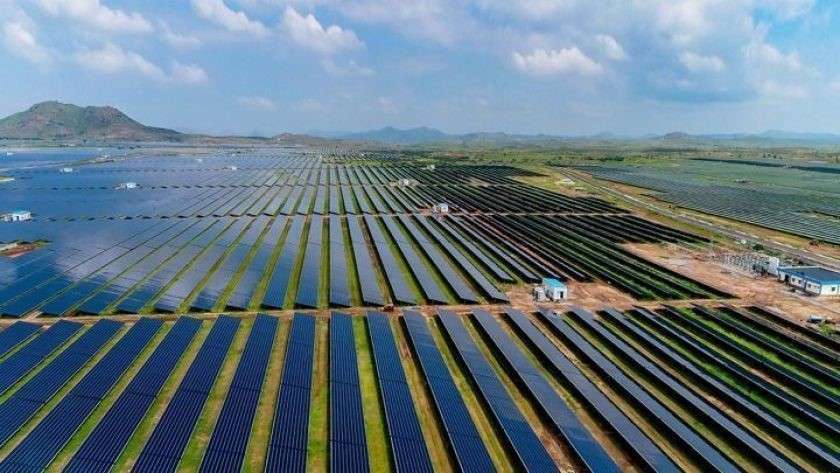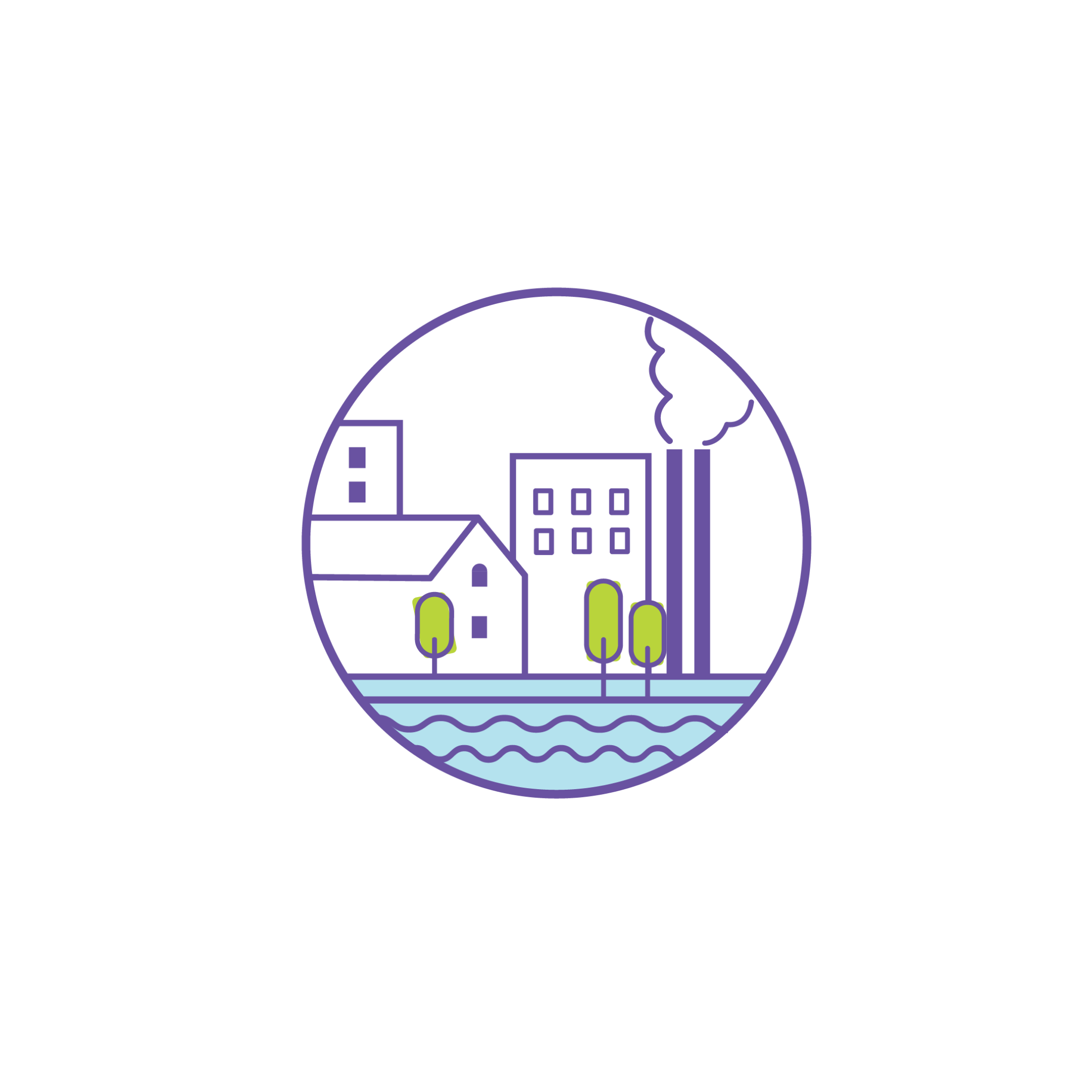Importance of developing quality social spaces during COVID-19
Social spaces have always
been an integral part of city both in physical and conceptual aspects as it
serves not only as place to meet but often is a mirror of the culture of the
society in that area. These spaces allow an individual to disconnect with the
stresses of daily life and engage and connect with the local community and
ensure not only a healthy lifestyle for the individual but also have strong
sense of belonging and togetherness in the community and local neighbourhood.
Quality of social spaces in a city or area often heavily contributes to quality
of life in a city or area for example to meet friends you hangout on high
streets, boulevards or malls or in a public space so you too have used these
spaces and since man is a social animal this is essential component to his
wellbeing.
The pandemic has forced
us to stay at home and go out only for essential requirements and almost all
social spaces like parks, malls, etc have been shut until the restrictions are
not removed by the authorities. This had a massive impact on the way we
interact as a community and we have become more dependent on technology to
collaborate and communicate with one another. Social spaces are were people
interacted on an almost daily way of all age groups for children it was playing
in parks and exercising and building and developing vital communication skills
for the young generation it was to play or even dating and meeting new people
and for old age people folks to have a place to interact as they are not as
familiar with technology. Hence the pandemic has affected social lives of
people very heavily and in a negative way as can been seen in the rise of
depression, mental health issues, divorces and suicides. One would feel that
living at home free from the stresses of life and staying with family members
would foster better results but we need to understand that the paradigm has
changed and people live more and more in nuclear families and the concept of
large families has declined and the more urban environment the social spaces
form an important component of the mental wellbeing and avenue for
interactions. One would also say that technology allows us to connect with
people but we as humans still prefer physical interactions there is something
more engaging and visceral about meeting somebody in person. Thus, the pandemic
has put many hurdles and eroded many of the support systems for the time being.
As the nation and the
world prepares to reopen or unlock from the lockdown people will need to come
again to build those connections but there are several challenges that are
present with regarding the future of social spaces and how they will be shaped,
one thing is evident that social spaces are integral part of our cities and
with the increased physical isolation we face these spaces on can say are now
more than ever important for the mental stability and sustaining these vital
social connections that happen in these places. The fact of the matter is that
people are eager to get back to their normal lives but the fear of catching the
virus and stigma that comes with knowing our current design of our social
spaces is not well thought out and there are many touch points in these spaces
and many of them in our country are either informal or not planned. Due to this
there is an inherent stigma within the people to venture in these spaces when
lockdowns are lifted also there has been a surge in people using private social
spaces (i.e. private clubs, golf resorts, etc) where they know that certain
safety measures and precautions are taken by the management of such spaces. The
issue with private social spaces is that despite being managed better they are
not accessible or not affordable to the majority of the population and this
presents a major problem when people don’t have access safe and quality social
spaces and then this would lead to mental health and fitness issues for the
general public and hamper development of young children.
Now moving on we do know that the effects of this pandemic are going to be everlasting and even after it goes away the impact of it will be seen in the design, functioning and over size of these spaces. This is opportunity for the planning community to study and research various topics to design better social spaces and making them more available to the public. We need to understand that the pandemic could bring heavy change and decentralisation to the social spaces as large social spaces face an uncertain future and the fact that local parks and recreational areas are crucial to the resilience and strength of the local communities. Proper studies especially in Indian context need to be done to understand the relationship between public space design and disease transmission. The recent integration of micro mobility needs to be reengineered to ensure safety along common touch points are cleaned so that disease transmission does not occur and people don’t feel scared to use these options. Playgrounds for children would need to be rethought as you can’t enforce social distancing and same level of hygiene that can be achieved with adults when they are playing also making the playground interactive and reducing contact points. Street design and shared spaces need to make it part of code to incorporate health criteria in the general design. We need to ensure that current social spaces be upgraded and new ones be adapted to ensure that social distancing can be comfortably maintained and people can use the social space without fear. Our cities have always been defined by their fast paced lifestyle and diverse intermixing of cultures and all of this mostly happens in the social spaces of the cities and during the lockdown these areas and cities like New York, Barcelona, Mumbai felt ghosted because we often forget the role the spaces play in our development as an community hence it is imperative that we adapt and build quality social spaces to build resilient and strong communities.
By Rudrasen Sheorey: Rudrasen Sheorey is currently pursuing Bachelor's degree in Urban and regional planning from College of Engineering Pune. He loves to study social implications of planning practices and how mobility is shaped and continues to be shaped by the advent of new technologies.
Related Articles
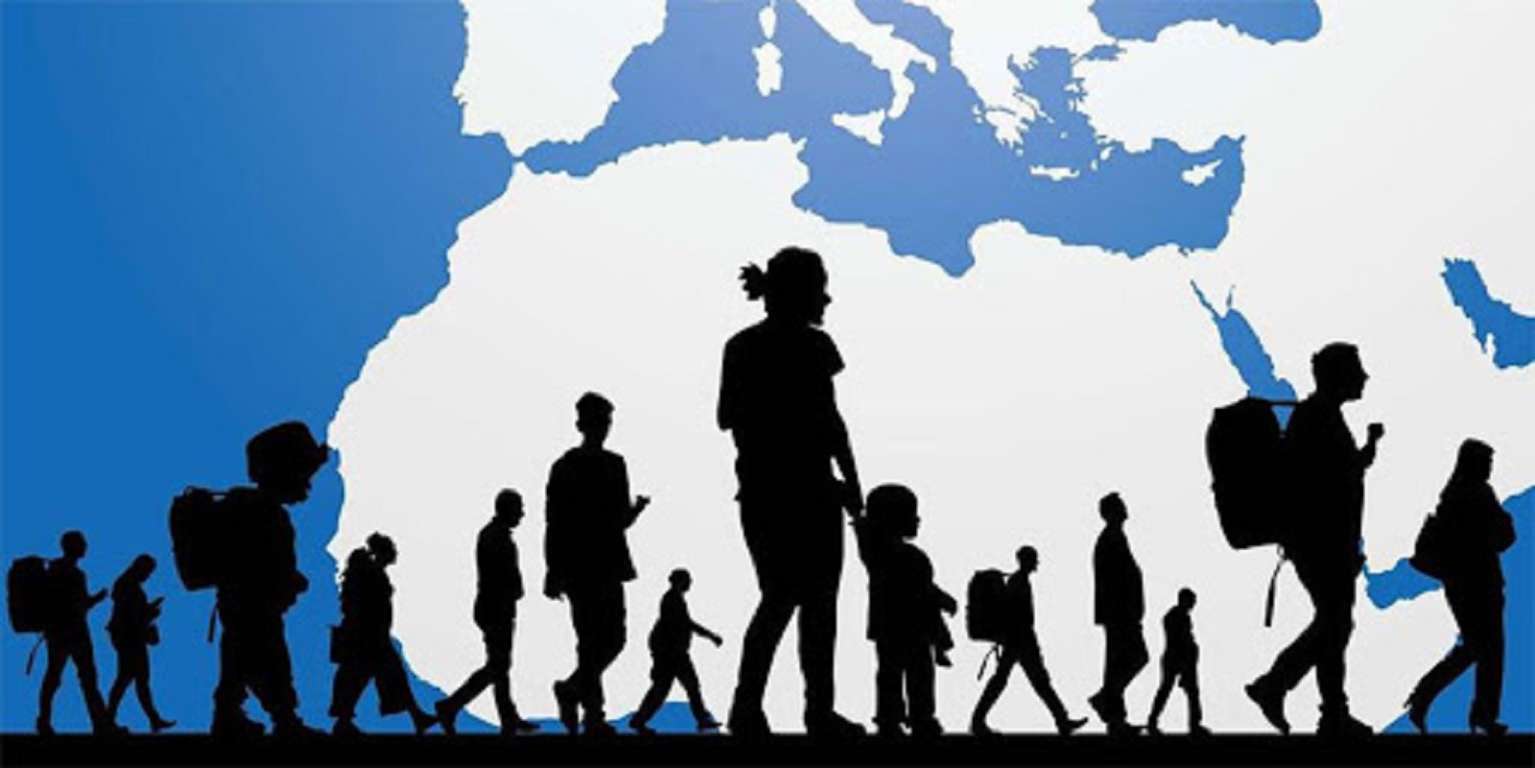
Planning Interventions for Migrant Labourers
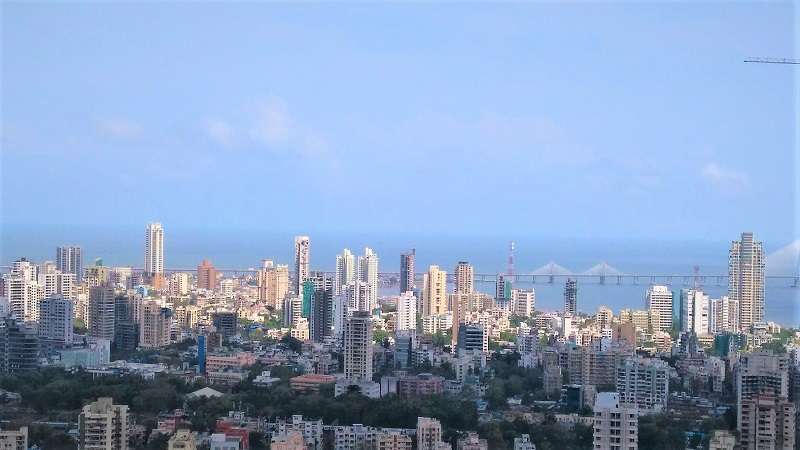
Urban Planning to get boosted by IOT
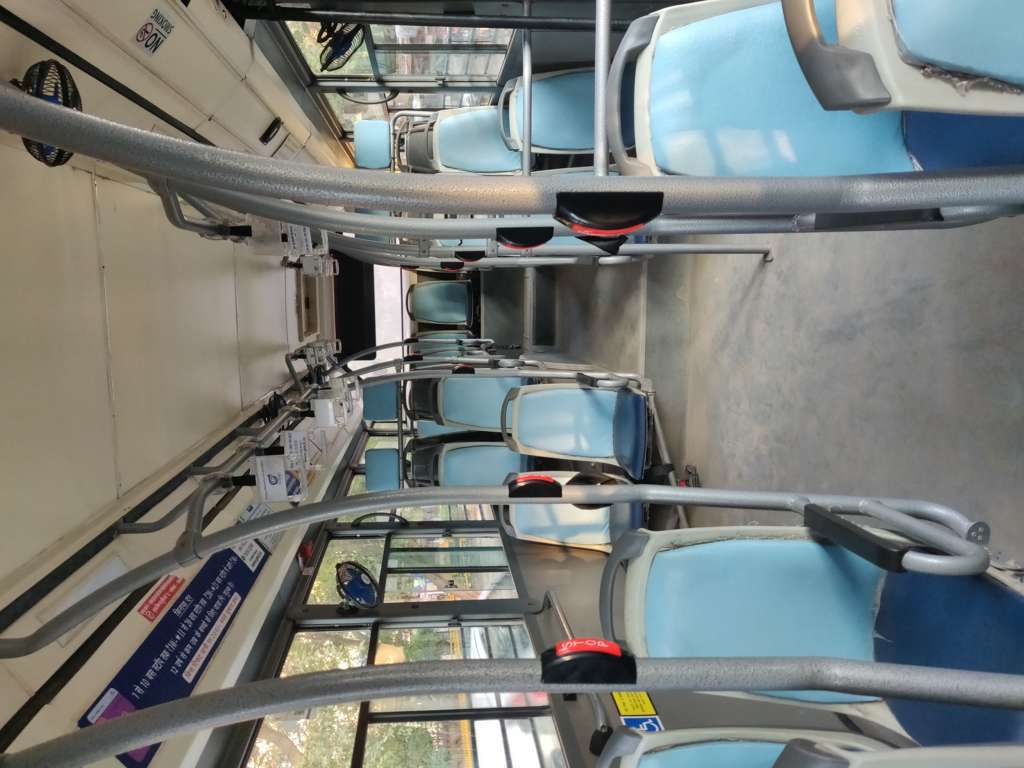
Capturing Passenger Travel Behaviour to optimize Bus loads
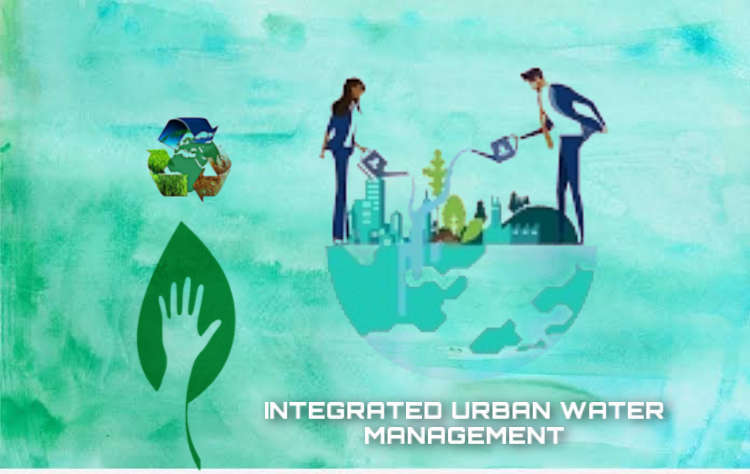
Integrated Urban Water Management
